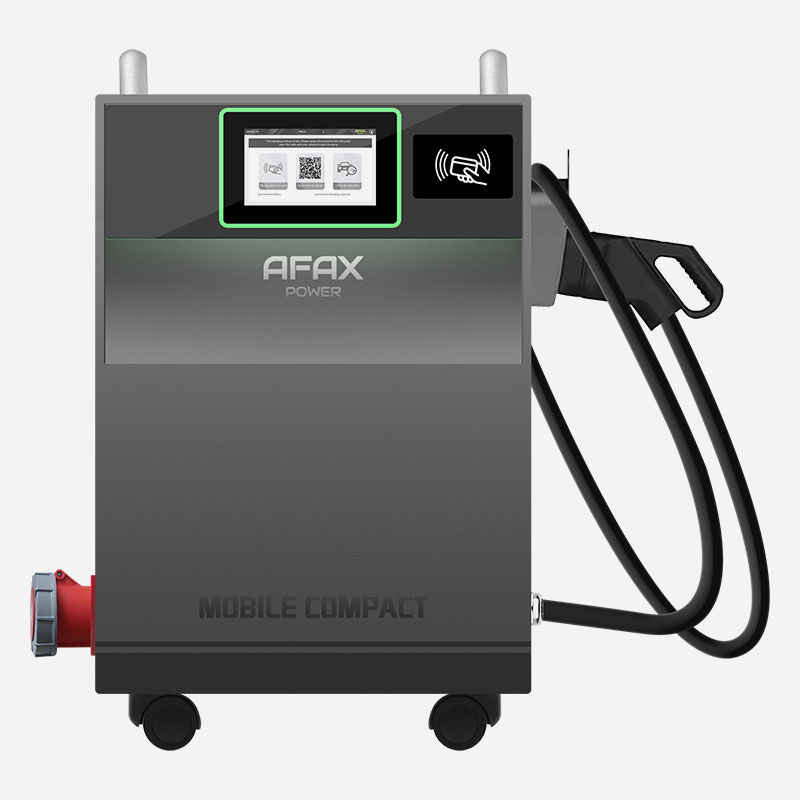Charging Time and Range of Electric Vehicles
- AFAX POWER

- Jan 7, 2023
- 2 min read
Introduction
Electric vehicles (EVs) are becoming more and more popular as people look for ways to reduce their carbon footprint and save on fuel costs. However, two of the biggest concerns that people have with EVs are charging time and range. In this blog post, we'll take a closer look at these two factors and what they mean for EV drivers.

Charging Time
One of the main concerns that people have with EVs is the time it takes to charge them. Unlike filling up a gas tank, which takes just a few minutes, charging an EV can take several hours. However, it's important to note that charging times can vary depending on the type of charger you're using and the size of your vehicle's battery.
Level 1 charging, which uses a standard 120-volt household outlet, can take up to 20 hours to fully charge a battery. Level 2 charging, which uses a 240-volt outlet, can charge a battery in about 4-6 hours. DC fast charging, which is the fastest charging option, can charge a battery up to 80% in just 30 minutes. http://www.afaxpower.com/about-us
While charging times may seem like a drawback, it's important to remember that most people charge their EVs overnight while they sleep. This means that the car is ready to go in the morning with a full charge.
Range
Another concern that people have with EVs is range anxiety, or the fear that their car will run out of battery before they reach their destination. However, with advancements in battery technology, the range of EVs is constantly improving.
Most EVs have a range of around 100-200 miles on a single charge, which is more than enough for the average driver's daily use. Additionally, some newer models, such as the Tesla Model S, have a range of over 400 miles on a single charge.
It's also worth noting that there are now more charging stations available than ever before, making it easier for EV drivers to top up their battery when needed. In fact, according to the U.S. Department of Energy, there are currently over 25,000 charging stations across the country. http://www.afaxpower.com/product
Cost Savings
While charging times and range are important factors to consider when purchasing an EV, it's also important to consider the cost savings. EVs are much cheaper to operate than gas-powered vehicles, with the cost per mile being significantly lower. Additionally, EV owners can take advantage of federal and state tax incentives and rebates, which can help offset the initial cost of the vehicle.
Conclusion
While charging times and range are valid concerns for those considering an EV, it's important to remember that advancements in technology are constantly improving these factors. Additionally, the cost savings associated with owning an EV make them a smart choice for those looking to reduce their carbon footprint and save on fuel costs. As more and more charging stations are installed across the country, the future looks bright for EV drivers.





Commentaires